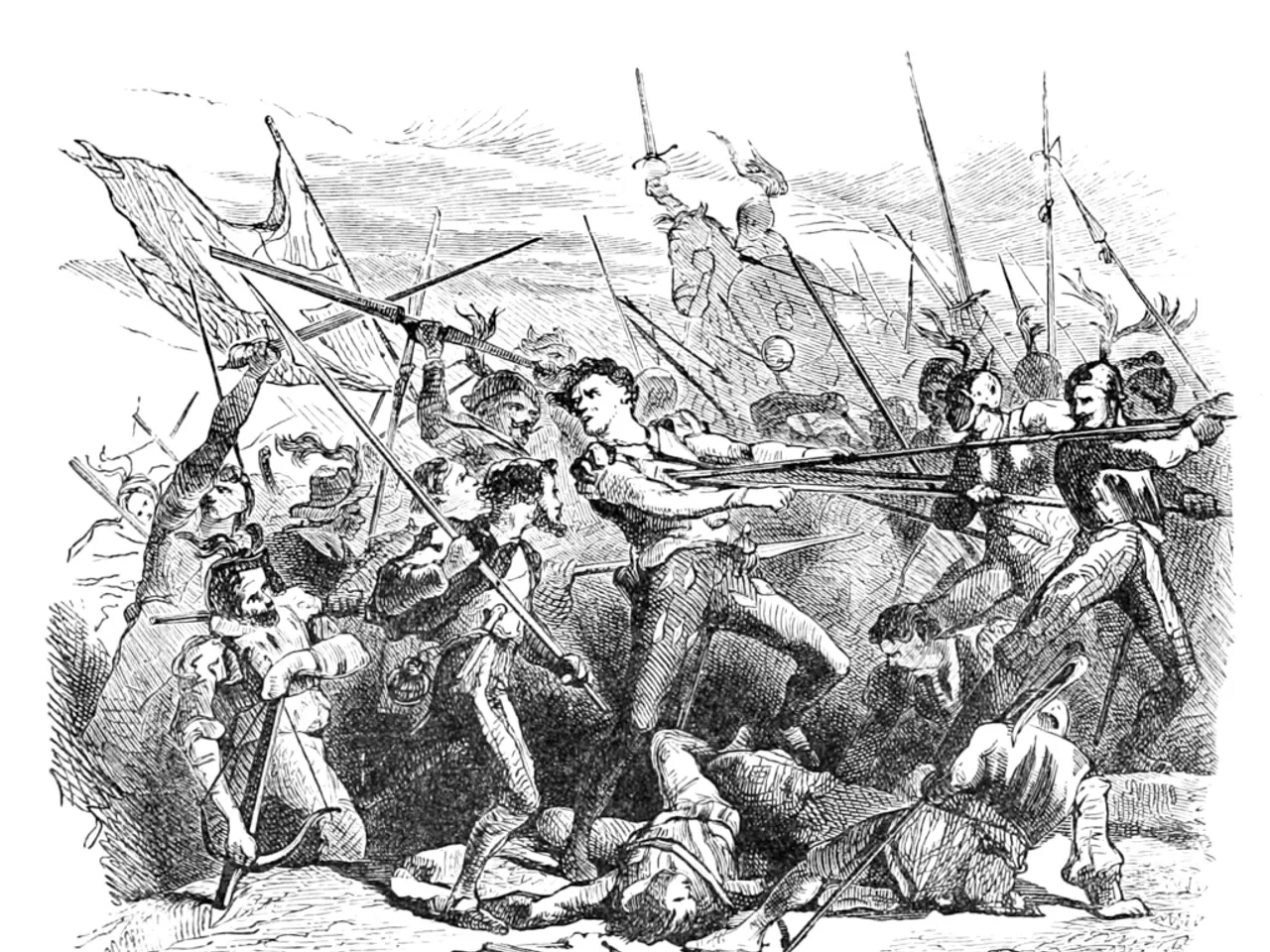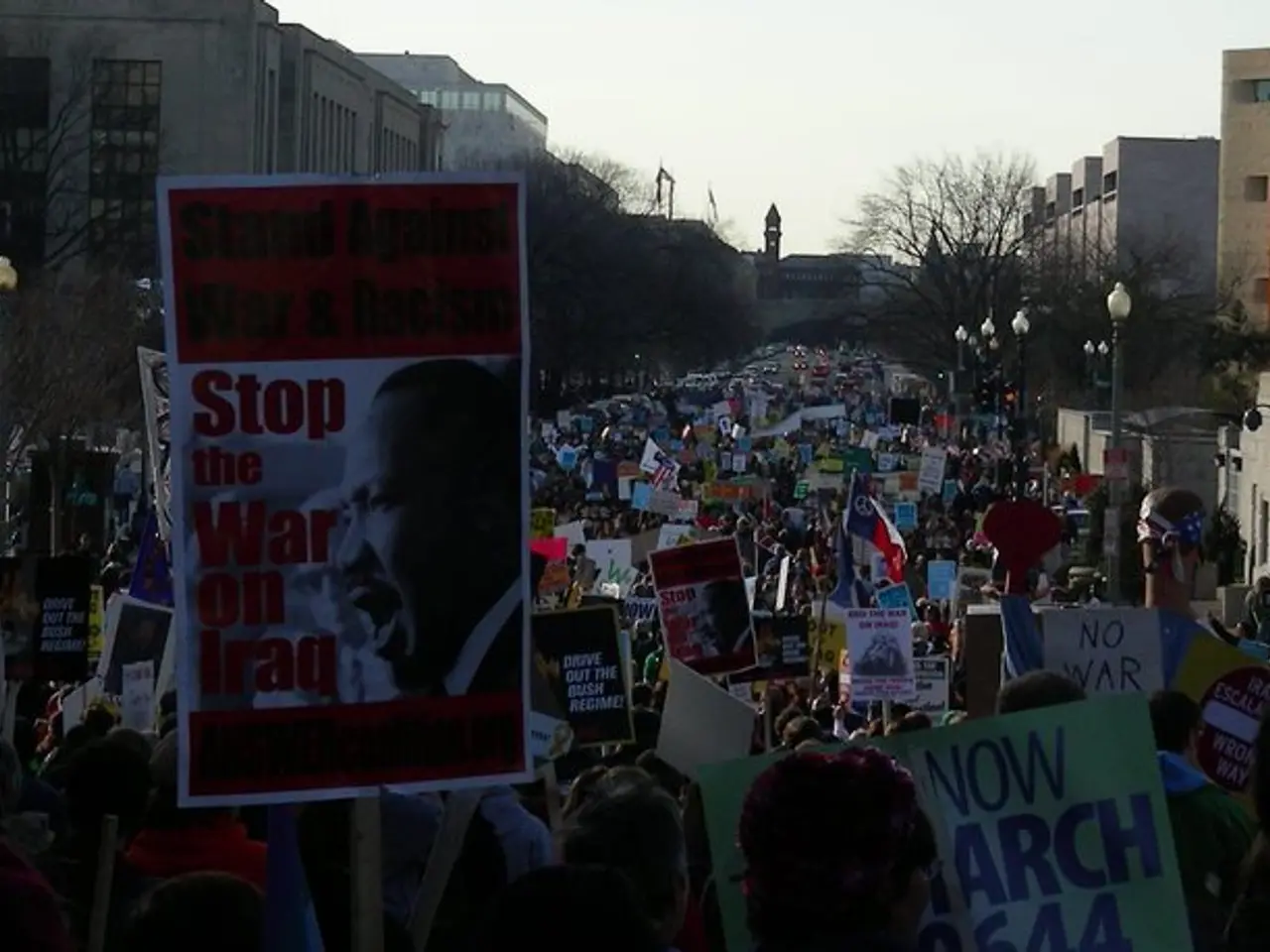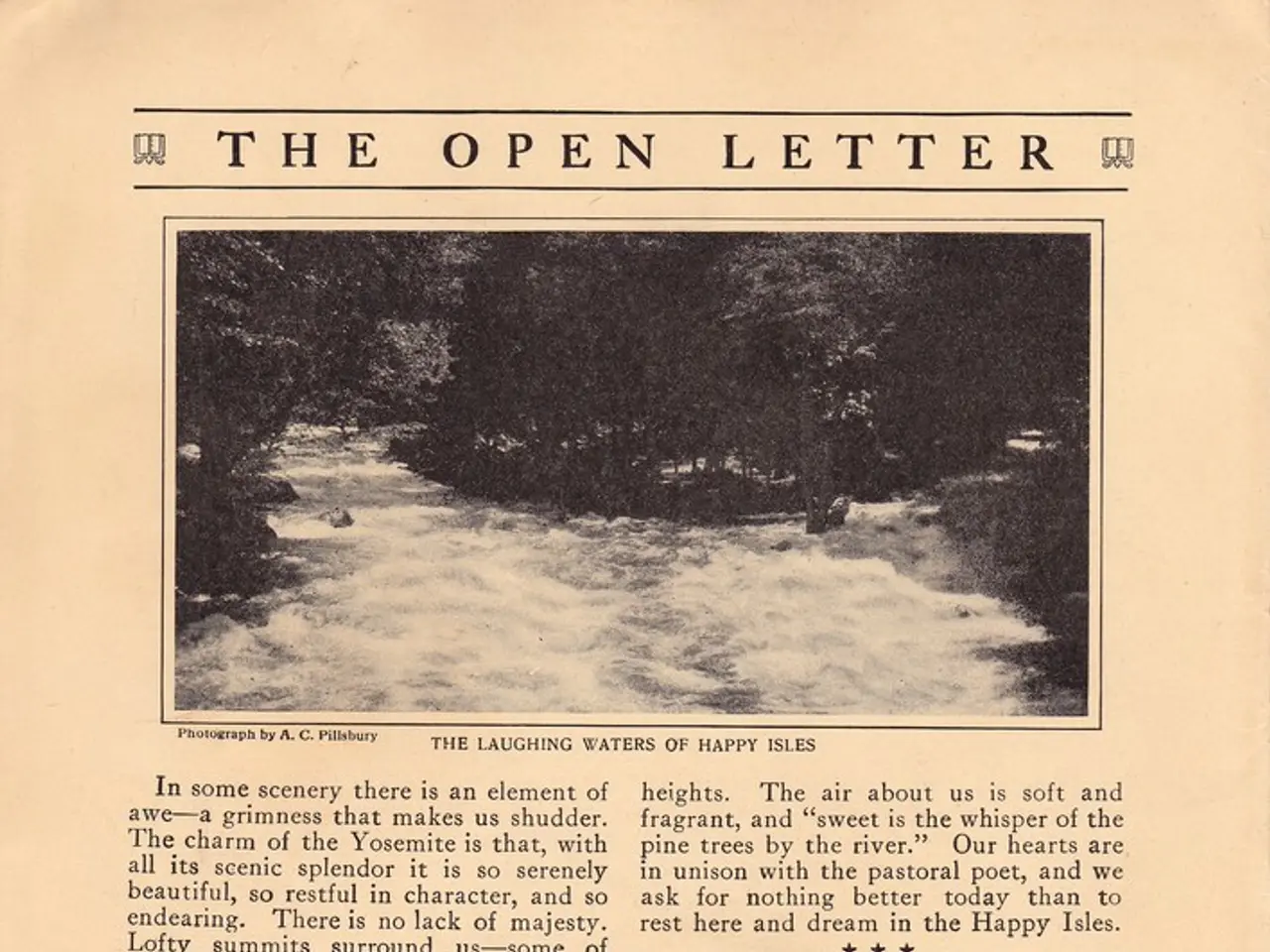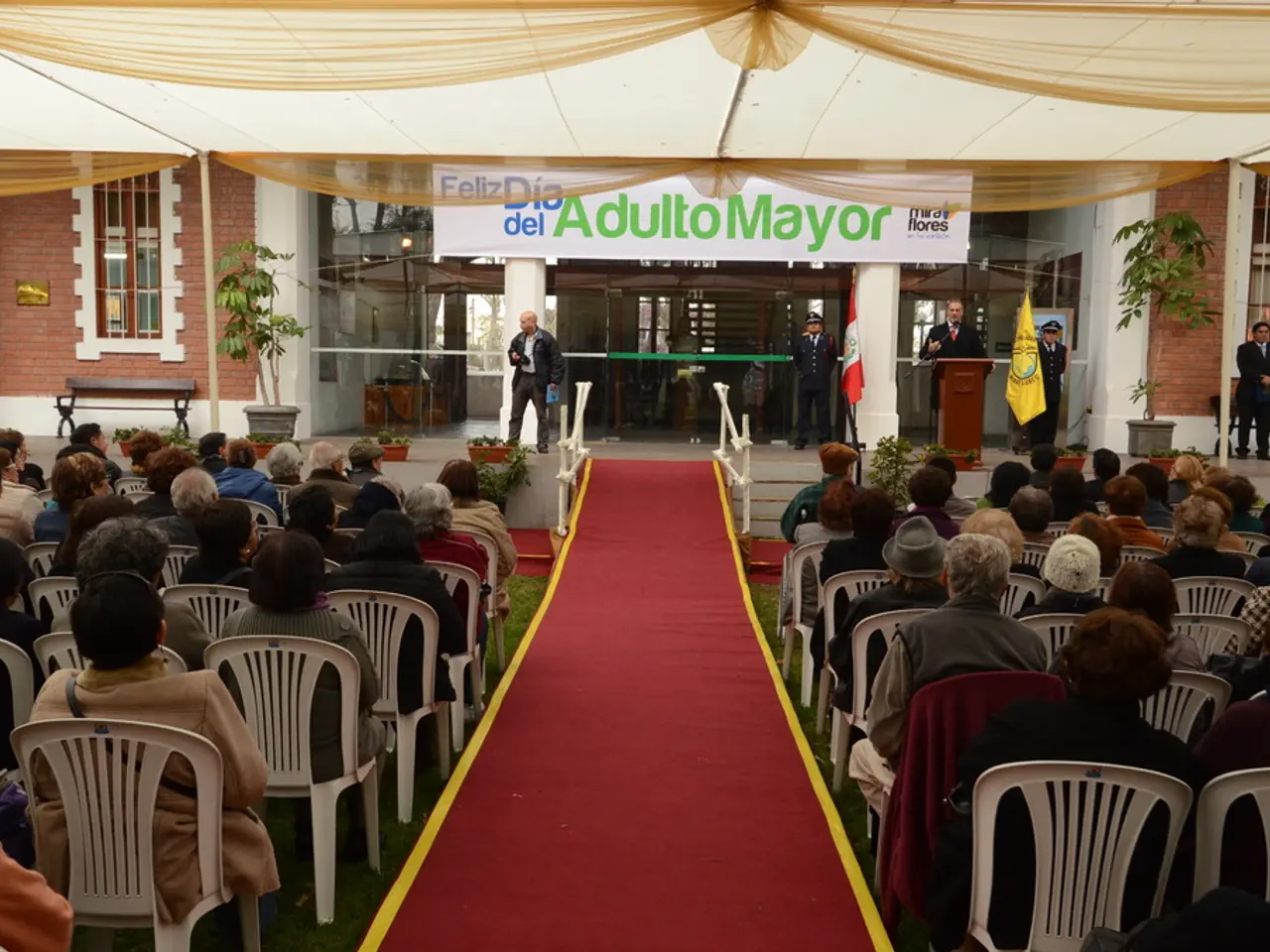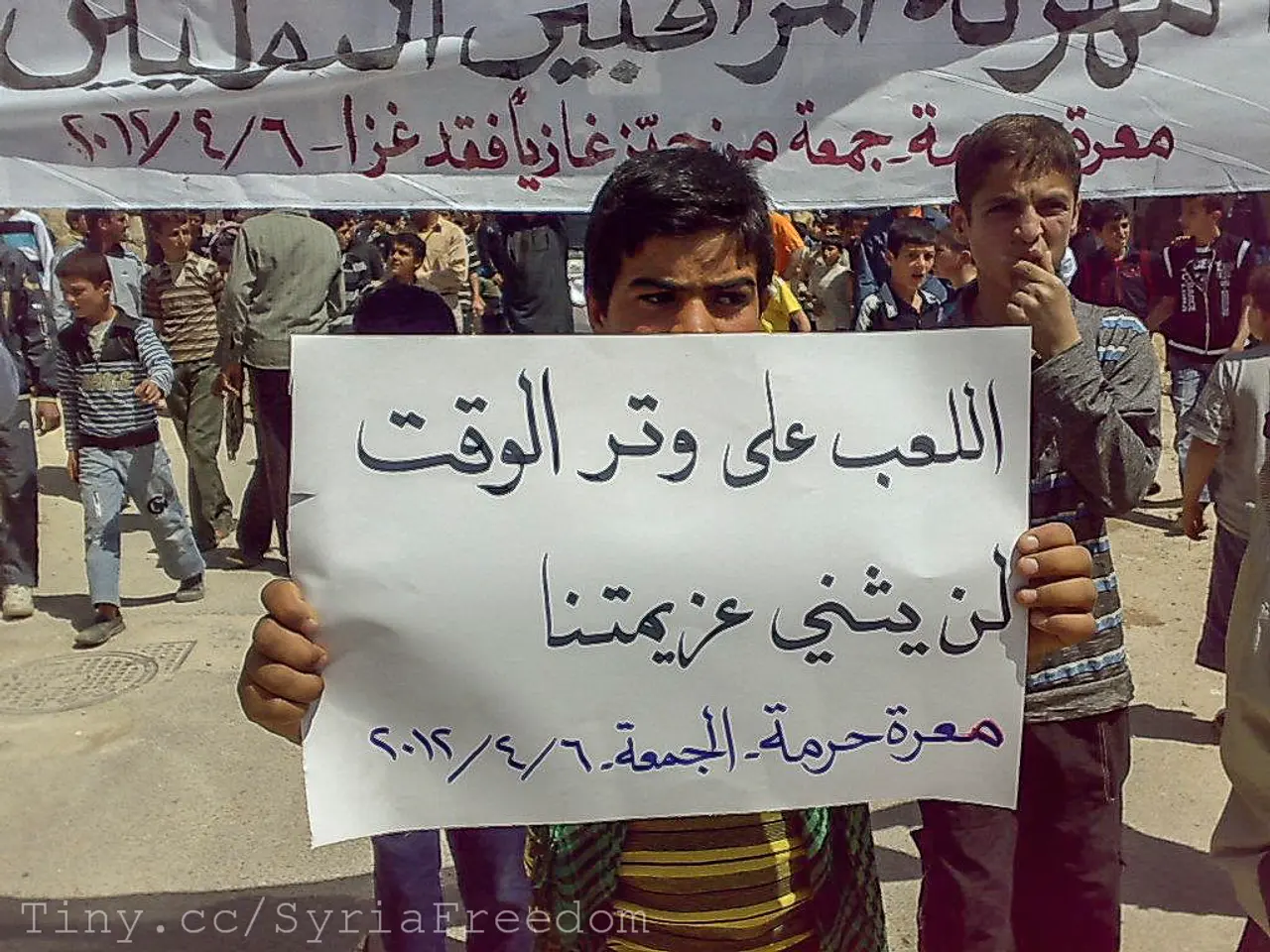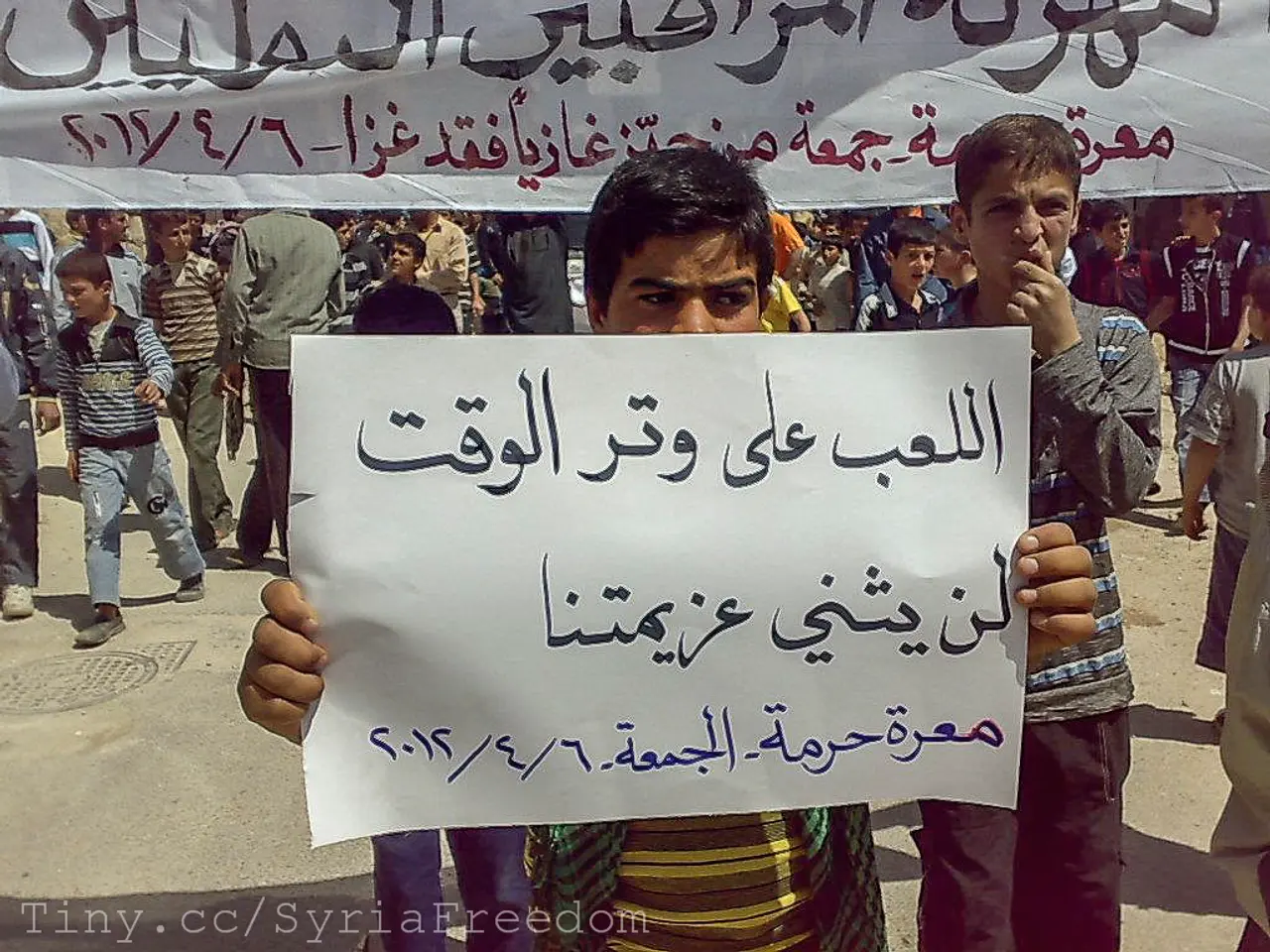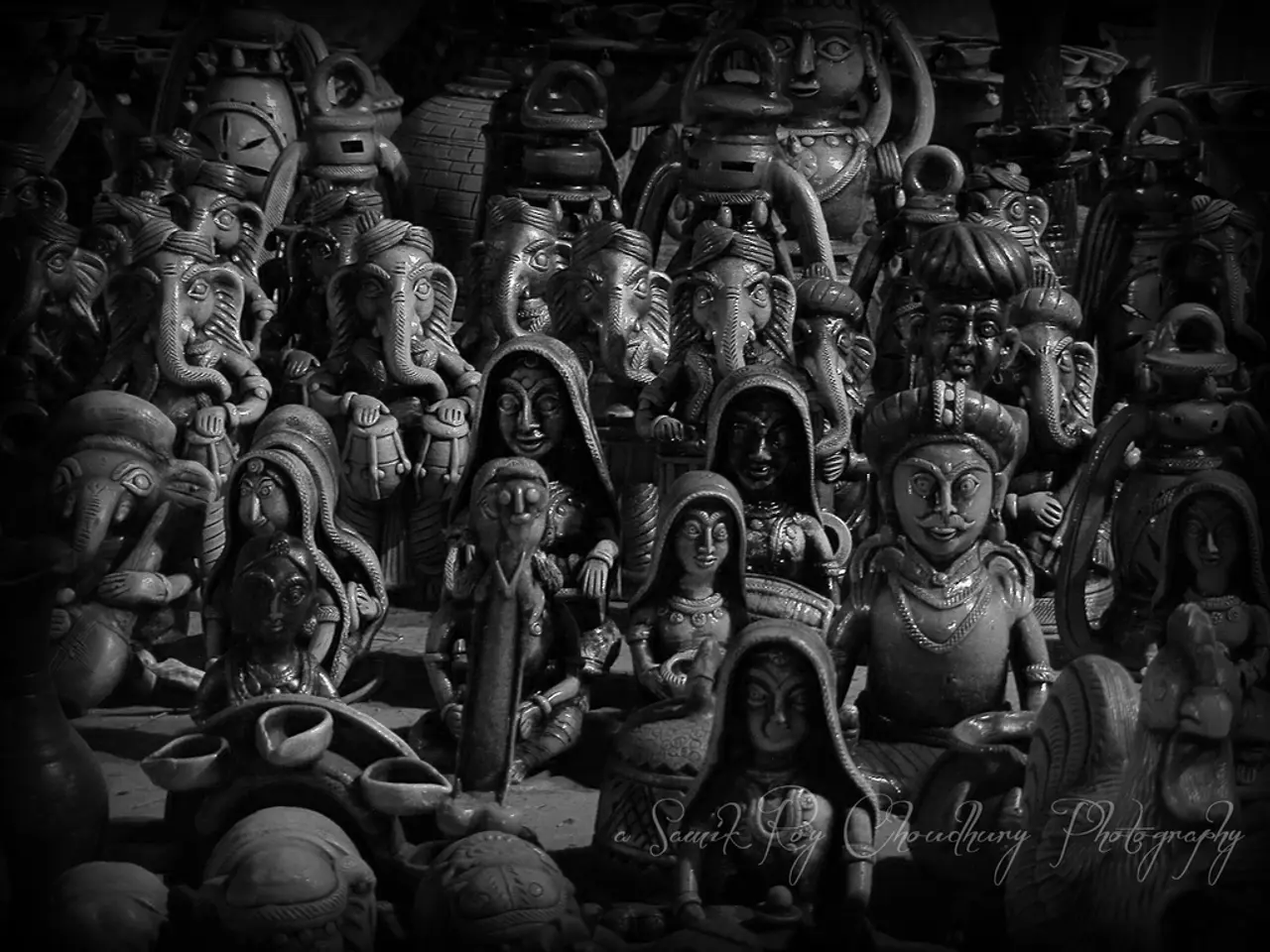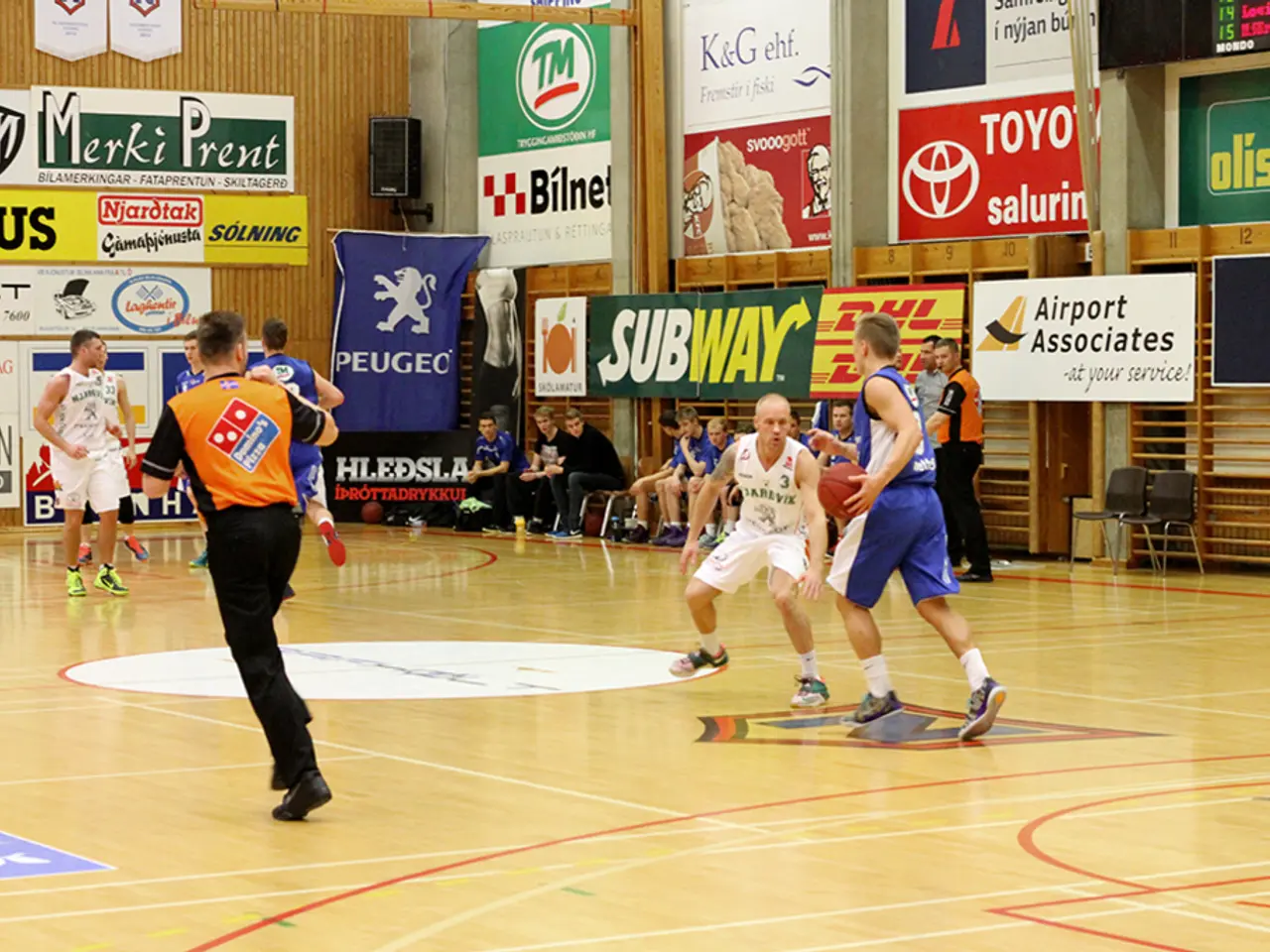The Importance of Disagreement Over Unity in True Democracy
In the realm of political theory, the concepts of unity and nationalism have long been subjects of debate. Two prominent political scientists, Justus Seuferle and Chantal Mouffe, have offered critiques that challenge these notions and offer alternative perspectives for democracy.
Justus Seuferle, a political scientist who works for the European Institutions, argues that the call for unity and acting "for the country" in democracy can often suppress dissent and pluralism, leading to authoritarian tendencies. He contends that democracy is not about producing harmony or a false sense of unity among interests but about acknowledging and negotiating conflicts in a participatory and transparent way.
Seuferle warns against identity-driven tribalism, stating that we are not biologically different but structurally situated in different, changeable, and never absolute positions. He emphasises the importance of maintaining the political arena, protecting shared rights and institutions, and defending such an order against other alternatives.
Chantal Mouffe, on the other hand, argues that conflict in a democracy must be framed as a political rivalry, not a friend-enemy perspective. She distinguishes between antagonism (friend/enemy relationship) and agonism (relationship between opponents), stating that agonistic confrontation is a precondition for democracy. Mouffe's arguments can be interpreted as a call for a more nuanced approach to political conflict, one that recognises the necessity of disagreement and competition in a democratic society.
Carl Schmitt, a constitutional scholar, once said that those who say "humanity" are lying, as they fail to recognise conflicting interests and power imbalances. His critique, originally against universalism and democracy, can also be interpreted in a way that challenges both the nationalist and liberal views. Schmitt's progressive interpretation highlights the need for a more realistic understanding of politics, one that acknowledges and addresses power struggles and conflicting interests.
The nationalist "we" transforms politics into racial hatred, ignoring not just inner-national material differences, but also cultural divides between city and countryside, regions, religions, generations, social milieus, and worldviews. The ethnic "we" is based on the idea of a biological "other" that doesn't belong, a notion that can be harmful and exclusionary.
In contrast, the liberal "we" ignores differences of power and interest, enforcing a false sense of unity and leaving the nation as the only remaining site of collective belonging. In the liberal imagination, everyone is in the same boat, with the nation serving as the boat. However, this universal "we" can also be problematic, as the noble intention of liberal universalism cannot overcome the structural power of the national interest.
The term "Unity" is often used as a call for false contentment, asking people to ignore contradictions and conflicts. Seuferle argues that unity is not the basic norm of the republic, and anyone who preaches that "we're all in the same boat" may be promoting their own interests as the interests of all.
In conclusion, the critiques of Seuferle, Mouffe, and Schmitt offer valuable insights into the complexities of democracy. They challenge the notions of unity and nationalism, encouraging a more open and transparent approach to politics that acknowledges and negotiates conflicts, rather than suppressing them.
Policy-and-legislation discussions surrounding democracy should consider Justus Seuferle's warnings against promoting unity as a means to suppress dissent and pluralism, leading to authoritarian tendencies. Chantal Mouffe's call for framing conflict in democracy as political rivalry, rather than friend-enemy perspectives, also provides a valuable contribution to general-news debates on democracy.
